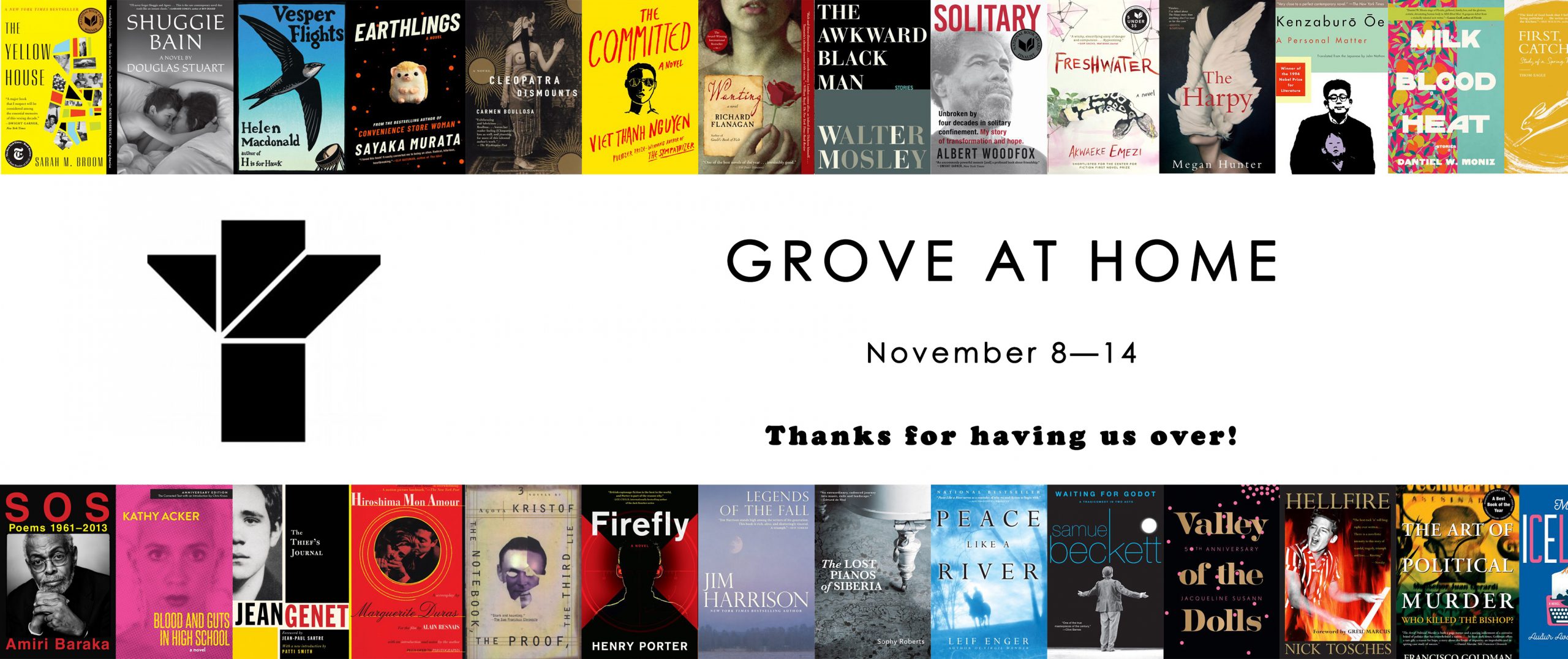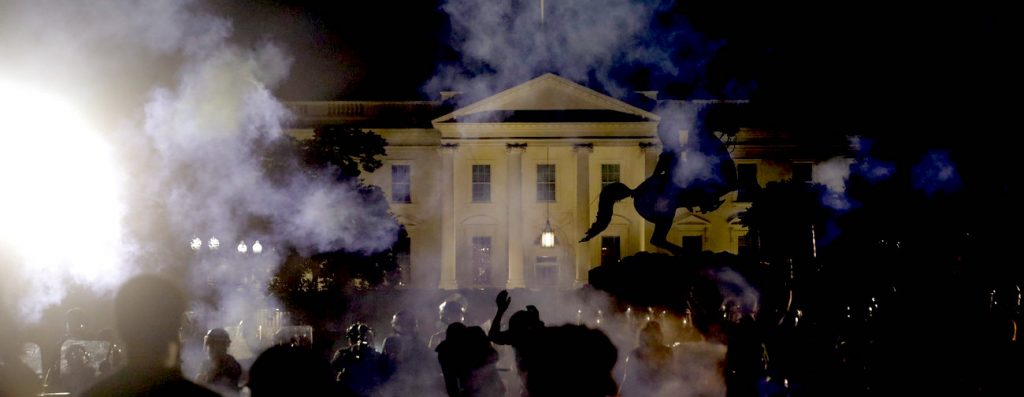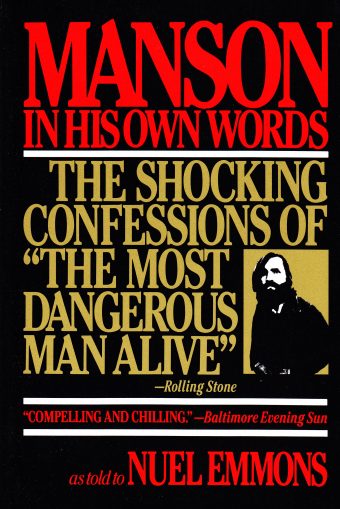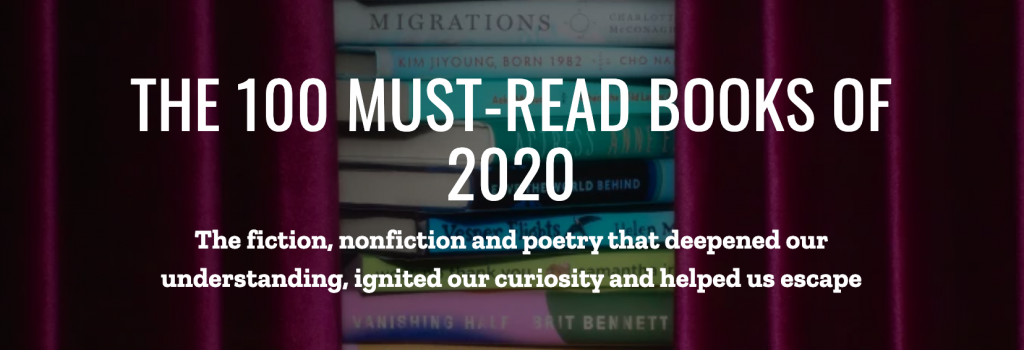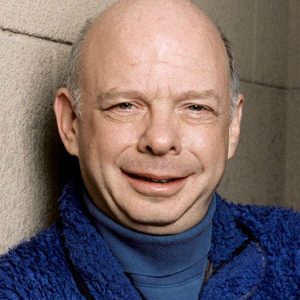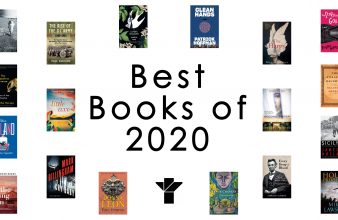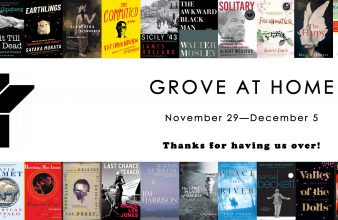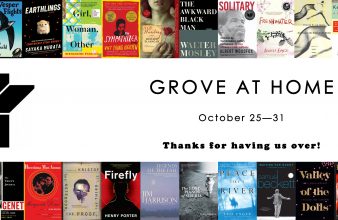News Room
Welcome to Grove at Home!
Every weekday, from now until we’re all out of the house again, we’ll be sharing a couple of links — some fresh, some from the vault — to say hi, remind you to keep reading, and let you know what’s on our minds.
Friday, November 13
Aminatta Forna on Africa’s “renaissance that never happened”
The London-based organization 5×15 invites speakers to give talks, following only two rules: no working from a script, and keep it to fifteen minutes. In 2014, the wonderful Sierra Leonean-Scottish writer Aminatta Forna appeared at the London Tabernacle to give a talk following her father’s astounding journey to the United Kingdom — from which Sierra Leone had recently achieved independence — and then back home, where he felt impelled to enter politics, and was eventually imprisoned and executed. It’s a story that features appearances by a number of prominent figures, including Wole Soyinka, Ngũgĩ wa Thiong’o, and Barack Obama, Sr., and Forna’s powerful gift for shaping narratives and personal connection to the events she’s discussing make for a powerful listening experience. Do yourself a fifteen-minute favor and watch this.
Francisco Goldman on what comes next
Francisco Goldman is the fiercely admired author of books including Say Her Name and The Art of Political Murder, an adaptation of which is coming to HBO as a documentary soon. Next year, we’re tremendously excited to publish his new novel, Monkey Boy. And this week, in Literary Hub, he offers his thoughts on the meaning of the presidential election, and on what comes next — with lessons pulled from his experience as a journalist in Guatemala. It’s an absolute must-read from a uniquely qualified, and stylistically peerless, commentator.
“The fall of a dictator, the end of a dictatorship, is a release from suffering, fear, hopelessness, that’s why people flood into the streets to celebrate the way they do. The suffering is going to stop now, and so is the fear; a heavy darkness is dissipating, and that’s why we practically feel like we’re floating, and need to dance and raise a liberated clamor in the streets. The smothering pollution of lies and hate is lifting, and it’s our joy that is helping to drive it away. What we saw in the streets of so many American cities on Saturday was a genuine release. These aren’t really emotions that can be faked.” Continue reading…
Happy birthday, Harry Hurt III
Today marks the 69th birthday of the great Harry Hurt III! A journalist, editor, TV personality, and erstwhile professional golfer, Hurt has certainly made his mark. Last year, we celebrated the fiftieth anniversary of the Apollo 11 mission by re-releasing For All Mankind, Harry’s irresistible account of the twenty-four times a human being has successfully reached the moon. Today, in a week when the Four Seasons hotel has been in the news, we’re also remembering the day of Barack Obama’s inauguration — which Harry spent working as a doorman at the hotel, rubbing noses with Aretha Franklin, Arianna Huffington, Arnold Schwarzenegger, and others.
Thursday, November 12
Celebrate Roland Barthes’s birthday with Xiaolu Guo in Electric Literature
Today marks the 105th anniversary of the birth of the poststructuralist French literary theorist Roland Barthes, whose many books include 1977’s A Lover’s Discourse — a title borrowed as well by the great Xiaolu Guo for her latest novel, which makes frequent, intellectually-charged allusions to Barthes. In a recent interview with Jae-Yeon Yoo for Electric Literature, Guo talks about broken English, Brexit, and, of course, Barthes himself.
“I read Barthes’ A Lover’s Discourse in Chinese translation in my film school in Beijing. I loved it, without knowing any background information. Later on, I read his Empire of Signs. It was amazing to understand how Chinese characters, Hànzì (汉字), was a pure media of visual representation for someone like Barthes. I guess reading two works by Barthes really told me how the Western cultures see the Eastern cultures and how, actually, these cultures are different. I left China from all these kinds of influences; I wanted to see the West.” Continue reading…
Happy birthday, Wallace Shawn!
To paraphrase something we were saying just the other day, it’s not too many of America’s literary heroes who can also boast an accomplishment like playing the neurotic T-Rex in Toy Story. But Wallace Shawn, who turns 77 today, can. We’re wishing him the happiest of days, and celebrating by watching this wonderful, short video of Shawn wandering the Criterion Collection DVD vault — and his memories of his own life as a moviegoer — with Andre Gregory, his friend and conversant in one of the most enjoyed and expansive dinner conversations of all time. A delight.
The LA Times on Charles Manson
Today also marks the 86th anniversary of the birth of Charles Manson, the notorious leader of the murderous “Manson Family” responsible for orchestrating a number of brutal crimes, including 9 horrific killings, that shocked the world in the late sixties. Sometimes labeled “the most dangerous man in America,” Manson is a disturbing and important figure one cannot but encounter in attempting to make sense of the complicated period with which he’s associated. In 1988, the LA Times reviewed Manson in his Own Words, the madman’s harrowing confession as told to fellow convict Nuell Emmons, noting the book’s discomfiting power and what it revealed about Manson’s own formative experiences and limitations.
“The man who would come to symbolize the end of the ‘60s and what went wrong with them was born ‘no name Maddox.’ Unwanted, he was reared with abuse and neglect. His unwed mother eventually gave him to the courts, not because he was unmanageable, but because he was a hindrance to her life style. While in custody, he was beaten, brutalized and raped. By the time he was released, he had spent more than 17 years of his life in confinement. He was then 32 years old, thoroughly institutionalized, a thief and a pimp. Apart from seeing himself as a bastard, a victim and a created outlaw, his strongest sense was that of entitlement to things, years and passions missed. It was the spring of 1967. He went to San Francisco.” Continue reading…
Wednesday, November 11
Today would be the 106th birthday of Howard Fast, one of twentieth-century America’s bestselling and most prolific authors. Today Fast is best remembered for his patriotically left-wing politics — which saw him summoned before Joe McCarthy’s notorious House Un-American Activities Commission, where he refused to name names and was sentenced to three months in prison for contempt of Congress — but he might be remembered for much more: he created a role played by Muhammad Ali (in the TV adaptation of his novel Freedom Road), was a pioneer of self-publishing (when he couldn’t find a publisher for his novel Spartacus, he wound up publishing it himself, only to see it become a best-seller and the basis of Stanley Kubrick’s film starring Kirk Douglas), and was a Stalin Peace Prize winner who once ran for Congress on the American Labor Party ticket. This short video, produced by our friends at Open Road Media, gives an exhilarating overview of Fast’s remarkable life and career, including interviews with prominent family members, like Fast’s daughter-in-law, acclaimed writer Erica Jong.
Time’s must-read books of the year
Today, the gorgeous geniuses of Time magazine have released their list of the 100 must-read books of 2020. It is, to put things mildly, impressive, full of utterly wonderful reads. We’re especially excited to see four our books included. Two are new works by authors who have already established themselves among the most urgent and acclaimed voices writing today — those would be Helen Macdonald’s Vesper Flights and Sayaka Murata’s Earthlings, translated by Ginny Tapley Takemori — and two debuts that have shaken the literary firmament — Kelli Jo Ford’s Crooked Hallelujah and Douglas Stuart’s Shuggie Bain. The entire list is a wonder, and wholly worth checking out.
Scotsman Alan Cumming on Shuggie Bain
If you haven’t yet stepped into the immersive, emotionally luminous world of Douglas Stuart’s Shuggie Bain — or even if you have — let the wonderful Alan Cumming remind you of what any number of readers, booksellers, librarians, and critics have been saying for months: Shuggie Bain is splendid, gorgeous, moving, hilarious, not to be missed.
Watch this trailer to see fan and actor @Alancumming share his thoughts on #2020BookerPrize shortlisted author @Doug_D_Stuart’s book, Shuggie Bain. @picadorbooks @panmacmillan #shortlist #DouglasStuart #AlanCumming pic.twitter.com/26fSQor0FT
— The Booker Prizes (@TheBookerPrizes) November 9, 2020
Tuesday, November 10
Karl Marlantes remembers the Vietnam War
Today is the 245th birthday of the US Marine Corps, formed by the Continental Congress eight months prior to the signing of the Declaration of Independence. In this powerful video produced by AARP, Karl Marlantes, bestselling author, Rhodes scholar, and marine veteran of the Vietnam War, looks back on his experiences serving in the Corps — for which he was awarded the Navy Cross, the Bronze Star, two Navy Commendation Medals for valor, two Purple Hearts, and ten air medals.
Wallace Shawn looks back on developments since his birth
How many authors can claim to have enjoyed decades at the forefront of American letters, and also to have starred as a lisping Sicilian criminal mastermind in one of the eighties’ most beloved rom-coms? Only one: Wallace Shawn. In a long and varied career, Shawn has established himself as one of our most probing writers, wittiest performers, and most distinctive intellects. A few days before last week’s election, in an extraordinary essay published by the New York Review of Books, Shawn ruminates on the development of American politics, and American political rhetoric, in the years since he was born during the fevered days of World War II. It’s a riveting exploration, and vintage Shawn: charming, uncompromising, critical, and humane. It’s extremely worth reading.
“I wonder if anyone but me remembers that during the years after the end of World War II, there were a lot of US Army jeeps on the streets of New York. I was a very little boy at the time, and I remember being lifted up to sit in them by friendly GIs. And do you remember those photographs of the American soldiers as they were being hugged and kissed by the thin, desperate-looking Europeans whose cities they’d liberated? Do you remember those warm, sunny American faces? Those sincere, open faces? Those boys looked like gods or angels who had swooped down from the sky on their jeeps to save the terrified world…”
Leila Aboulela picks 5 books from the British Council Lahore Library
Leila Aboulela is one of the most admired writers working in English today. A winner of the Caine Prize, she has been praised by the New York Times for her “talent for expressing the simple wonders of unbroken faith,” and by the San Francisco Chronicle for “handl[ing] intense emotions in a contained yet powerful way, lending their expressions directness and originality, and skillfully capturing the discrete sensory impressions that compound to form a mood.” In this video shot last spring for the British Council Pakistan, Aboulela picks five books from the Council’s library in Lahore — including the first book for adults she ever read, works by Doris Lessing and Naguib Mahfouz, and more.
Monday, November 9
Theodore Johnson on Amanpour & Company: “Folks are wondering: Why are we still have this same conversation?”
Next year, we’ll publish When the Stars Begin to Fall, a look by Dr. Theodore Johnson at how we can understand and overcome American racism A Navy vet and former speechwriter to the Chairman of the Joint Chiefs of Staff, Johnson is now a senior fellow at the Brennan Center for Justice, studying the interplay of race with public policy and its outcomes. Last week, after presidential votes had been cast but before a victor had been declared, Johnson appeared on Amanpour & Company, alongside How Fascism Works author Jason Stanley and host Hari Sreenivasan, to discuss the threads of white supremacy tying together the 2016 and 2020 elections. “Where we are as a country… is that, as excluded groups are becoming more included in our society… the group that was already included feels the expansion like a loss.”
Theodore Johnson in the Washington Post on voting blocs
This weekend, Theodore Johnson also brought his rich analysis to the pages of the Washington Post, where he authored a must-read editorial, expanding on some of the same observations he offers in the Amanpour clip above. While the media demonstrates a tendency to describe groups of non-white voters monolithically, presuming that all members of a particular minority group will tend to vote the same way, Johnson demonstrates that this is not so: the votes of minority communities are shaped by innumerable histories and nuances — which we must understand if we are to develop a robust, composite analysis of the American electorate.
“For a nation in the throes of rapidly changing demographics, there’s a disturbing disinterest in the groups that hold the keys to the White House. This was the first election in which there were more eligible Hispanic voters than Black voters, making them the largest minority group in the electorate. Asian Americans are the fastest-growing bloc in the nation. And people of color made up a third of all eligible voters, an increase of 10 points since 2000.” Continue reading…
Today would be the 96th birthday of Robert Frank, the legendary Swiss photographer who died last year after one of the most quietly influential artistic careers of the twentieth century. We were the original US publisher of Frank’s landmark book The Americans, which the Guardian has called “perhaps the most influential photography book of the 20th century.” His other work includes the video for Patti Smith’s Summer Cannibals — a song by a friend with a title we can really get behind.) Today, we’re celebrating Frank by watching Pull My Daisy, the classic 1959 short film Frank made with Alfred Leslie (who’s just turned 93!), starring friends of his — and ours — including Jack Kerouac, Allen Ginsberg, and Gregory Corso, with music by the wonderful David Amram (who turns 90 next week!). The film gathered so much praise and attention that in 1961 we released a transcript of its (mostly improvised) dialogue, with stills from the film, as a paperback. If you’ve never seen Pull My Daisy, cordon off a half hour of your day, and get ready for a treat.

